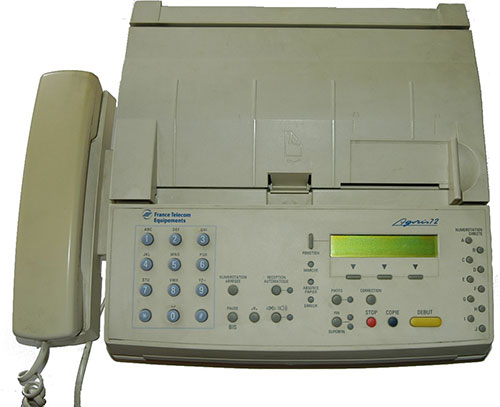This website uses cookies so that we can provide you with the best user experience possible. Cookie information is stored in your browser and performs functions such as recognising you when you return to our website and helping our team to understand which sections of the website you find most interesting and useful.
HIT Perspectives: NCPDP Forms Specialty Pharmacy Work Group
Previous Article | Next Article
HIT Perspectives – June 2018
NCPDP Forms Specialty Pharmacy Work Group

By Pooja Babbrah Senior Consultant

Specialty medications are generally still being prescribed using antiquated paper-phone-fax methods.
Automating and standardizing specialty pharmacy transactions will be the focus of a new work group that has been formed by the National Council for Prescription Drug Programs (NCPDP). The goal is to bring greater focus and coordination in how NCPDP standards are used for the electronic exchange of data in specialty pharmacy. This will complement and support ongoing NCPDP efforts to automate various aspects of specialty pharmacy, including the patient enrollment process.
Specialty medications are high-cost, complex drugs with special handling and delivery requirements. They primarily are used to treat rare or chronic conditions. While representing a small portion of the total number of drugs prescribed, they account for a disproportionate — and growing — share of total drug spending. In fact, Express Scripts estimates that specialty drugs accounted for more than 40% of total prescription drug spending in 2017. That percentage is expected to grow in the face of a rising number of chronically ill and an increase in expensive new specialty medications, including biologics, being introduced in the marketplace. In 2016, specialty drugs accounted for 71% of the 24 drugs that gained approval by the Food and Drug Administration.
Specialty pharmacies and specialty prescribing are ripe for automation. While retail pharmacies are highly computerized and most noncontrolled substances are prescribed electronically, specialty pharmacy has lagged behind. Specialty medications are generally still being prescribed using antiquated paper-phone-fax methods. Although most specialty pharmacies have the ability to accept NCPDP SCRIPT transactions, electronic prescriptions to specialty are not as common as to nonspecialty. Moreover, the SCRIPT standard doesn’t accommodate all data that specialty pharmacies need to get the patient on therapy. The new Specialty Pharmacy Work Group will identify such challenges specific to specialty pharmacy and how they might be addressed through the NCPDP standards-setting process.
The first meeting of the newly formed work group will be at the next NCPDP meetings on August 1-3 in St Louis. During that first meeting, the group’s goals and objectives will be finalized. Priorities will be developed based on advance work to be undertaken in the interim to overlay NCPDP standards with specialty workflows to identify gaps that will need to be addressed. •
To learn more information about the new work group and existing specialty pharmacy task groups at NCPDP, please reach out to me at pooja.babbrah@pocp.com.



